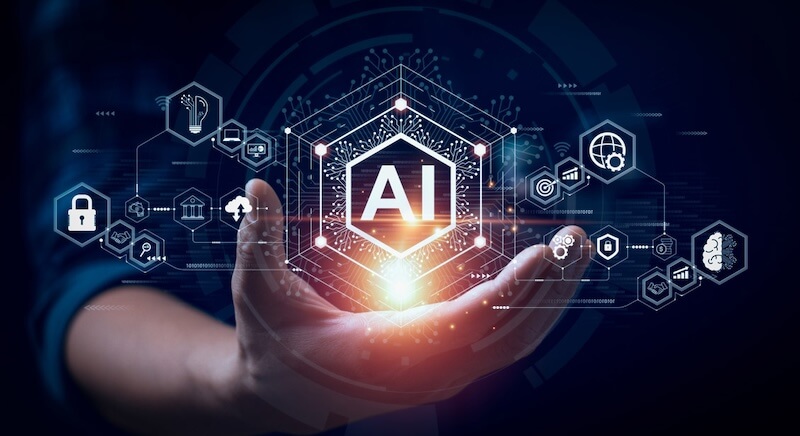Artificial intelligence is rapidly advancing, demonstrating impressive capabilities in various domains. However, a critical area where AI continues to struggle is social understanding. This deficit encompasses the inability to grasp the nuances of human behavior, emotions, and social contexts that are essential for effective interaction and collaboration. Research consistently highlights these gaps, pointing to significant limitations in AI's social reasoning abilities.
One of the primary challenges lies in AI's difficulty with context and nuance. AI systems operate based on training data and mathematical models, lacking the inherent capacity to understand cultural subtleties, sarcasm, humor, or evolving social dynamics. For example, an AI tool might misinterpret a sarcastic comment as positive due to the presence of words like "fantastic" or "thanks," while a human analyst would likely recognize the underlying frustration. This inability to discern social cues can lead to misinterpretations and flawed insights, skewing research findings and potentially causing reputational harm in customer-facing applications.
Furthermore, AI's limitations extend to understanding and responding to emotions. While some AI models, like ChatGPT-4, have shown surprising aptitude in identifying emotions in certain contexts, they still struggle with the complexities of human feelings and the appropriate responses in various social situations. Genuine empathy, a cornerstone of human social intelligence, remains elusive for AI. This deficiency raises concerns about the use of AI in fields like mental health, where understanding and responding to emotions are paramount.
The lack of transparency and explainability in AI algorithms also contributes to the social understanding deficit. AI and deep learning models can be difficult to understand, even for experts. This makes it challenging to discern how AI arrives at its conclusions, what data it uses, and why it might make biased or unsafe decisions. Without transparency, it's difficult to identify and correct the biases that can lead to unfair or discriminatory outcomes, further hindering AI's ability to function effectively in social contexts.
Another significant factor is the reliance on data that often reflects the biases of the human world. AI systems are only as unbiased as the data they are trained on, and biased datasets inevitably produce biased outcomes. This is particularly problematic in areas like hiring, financial decisions, and customer service, where unchecked AI bias can perpetuate inequalities and damage trust.
To address AI's social understanding deficit, interdisciplinary collaboration is essential. Integrating insights from computer science, psychology, sociology, and philosophy can help develop AI systems that are not only powerful but also aligned with societal values. Ensuring AI safety and reliability, optimizing human-AI collaboration, and establishing robust ethical guidelines are crucial steps.
Moreover, fostering cultural diversity in AI development is vital. AI systems often reflect the limited cultural perspectives of the Western, Educated, Industrialized, Rich, and Democratic (WEIRD) world, which means they may not accurately represent global diversity. Incorporating perspectives from various cultures and using more culturally diverse data in AI training and evaluation can help bridge this gap.
Ultimately, overcoming AI's social understanding deficit requires a multifaceted approach that addresses technical limitations, ethical concerns, and the importance of human oversight. By recognizing these critical gaps and working collaboratively, researchers and developers can create AI systems that are more socially aware, responsible, and beneficial to humanity. Furthermore, it is important to acknowledge that AI should complement human capabilities rather than replace them, especially in nuanced tasks requiring social intelligence, empathy, and ethical judgment.

















